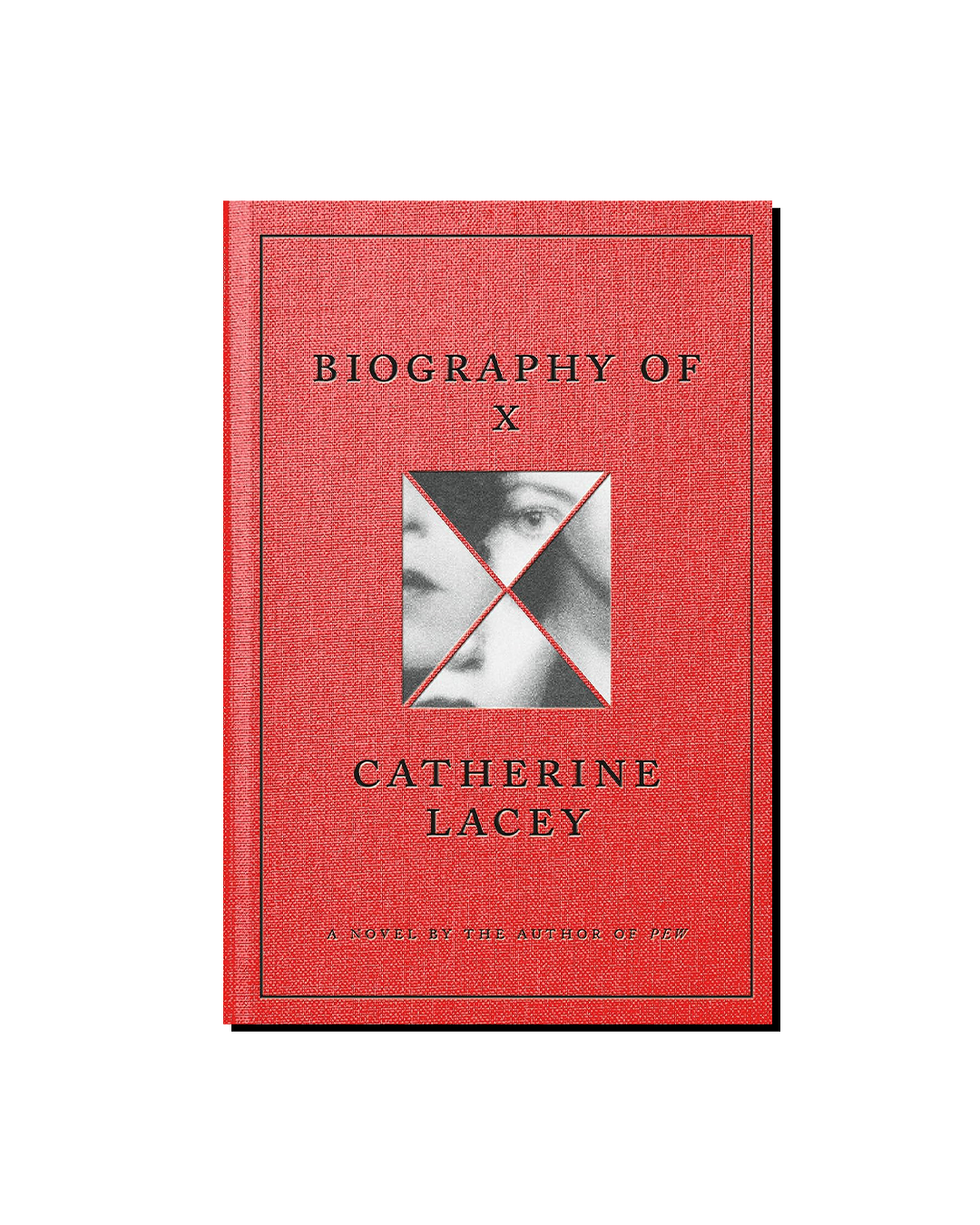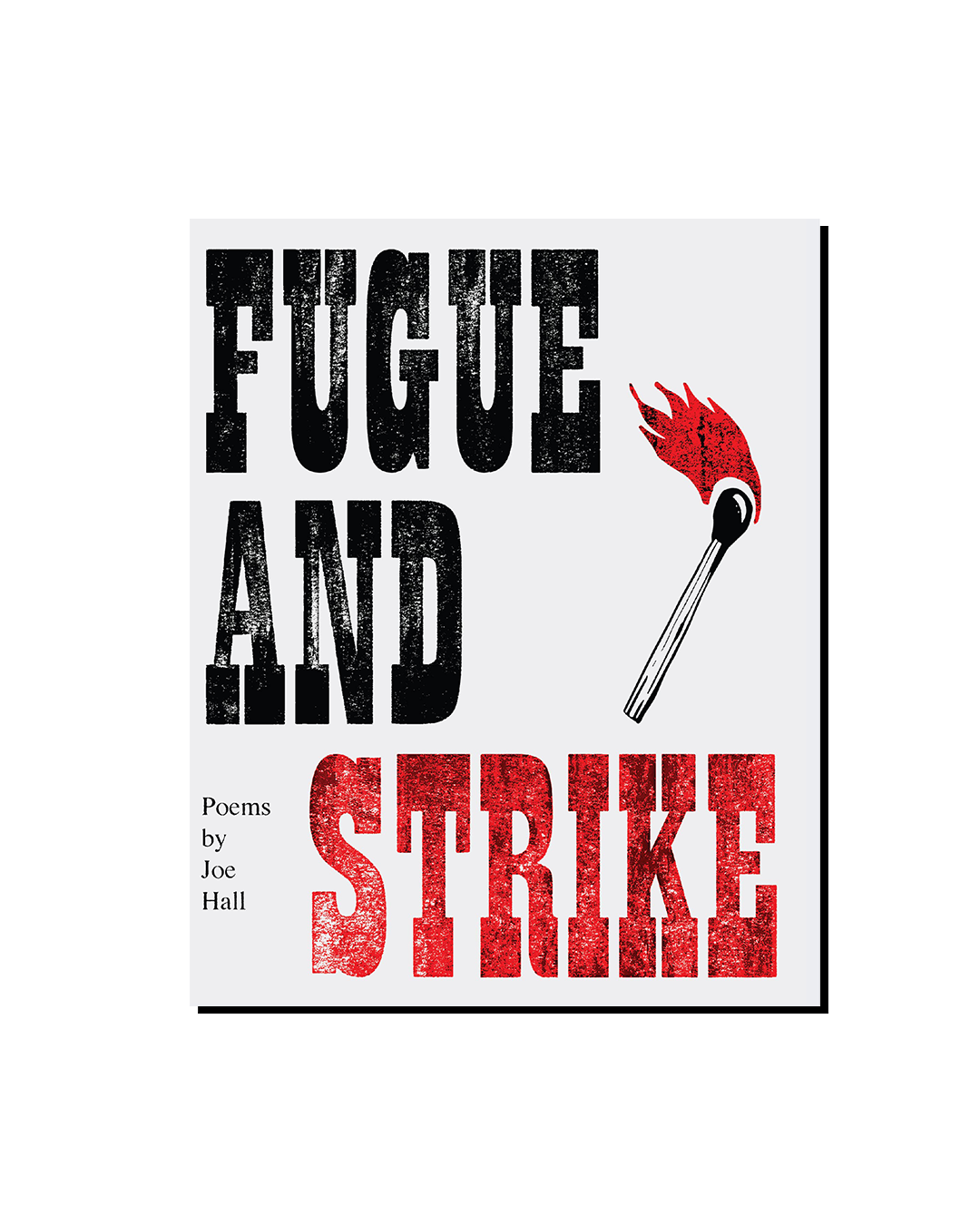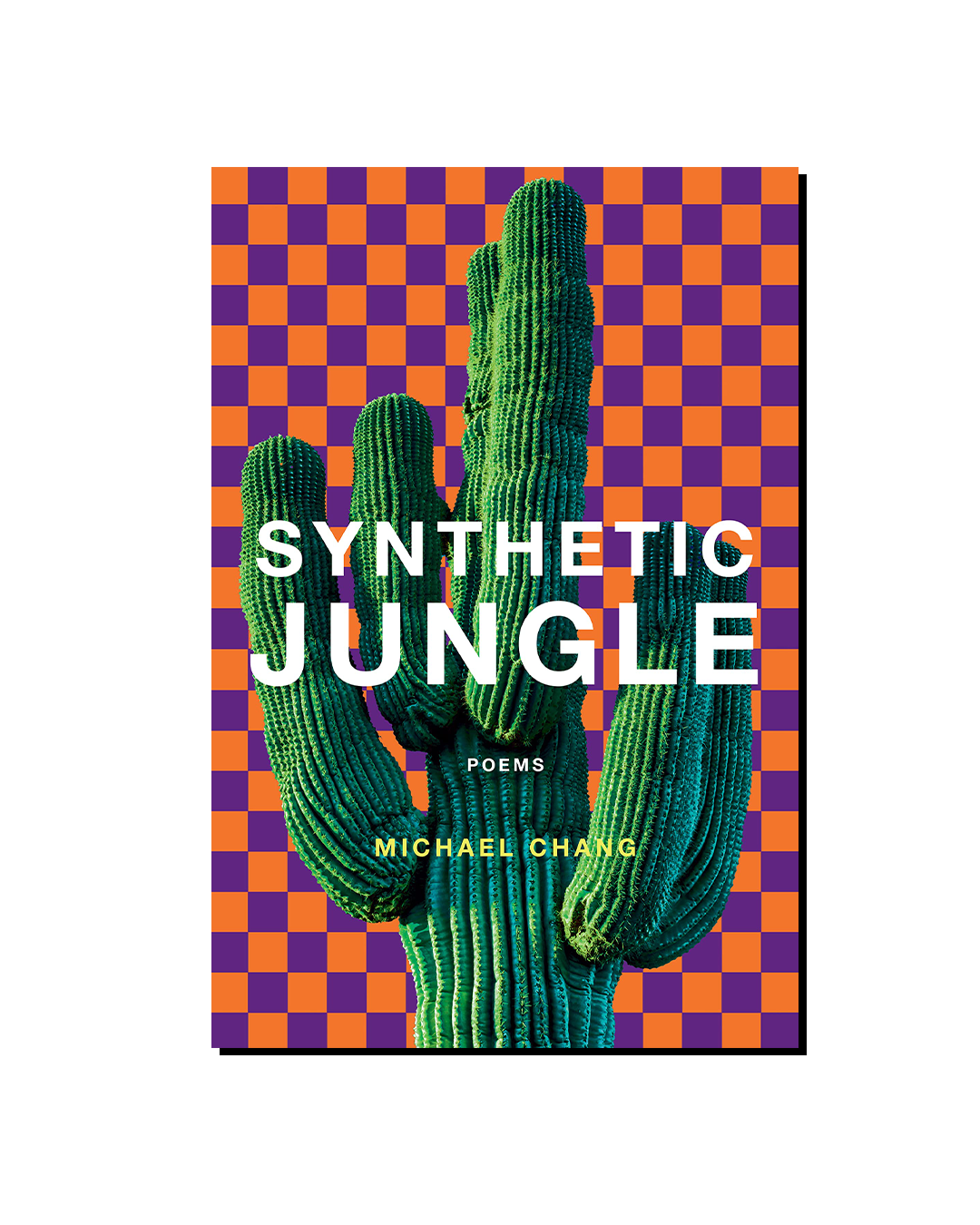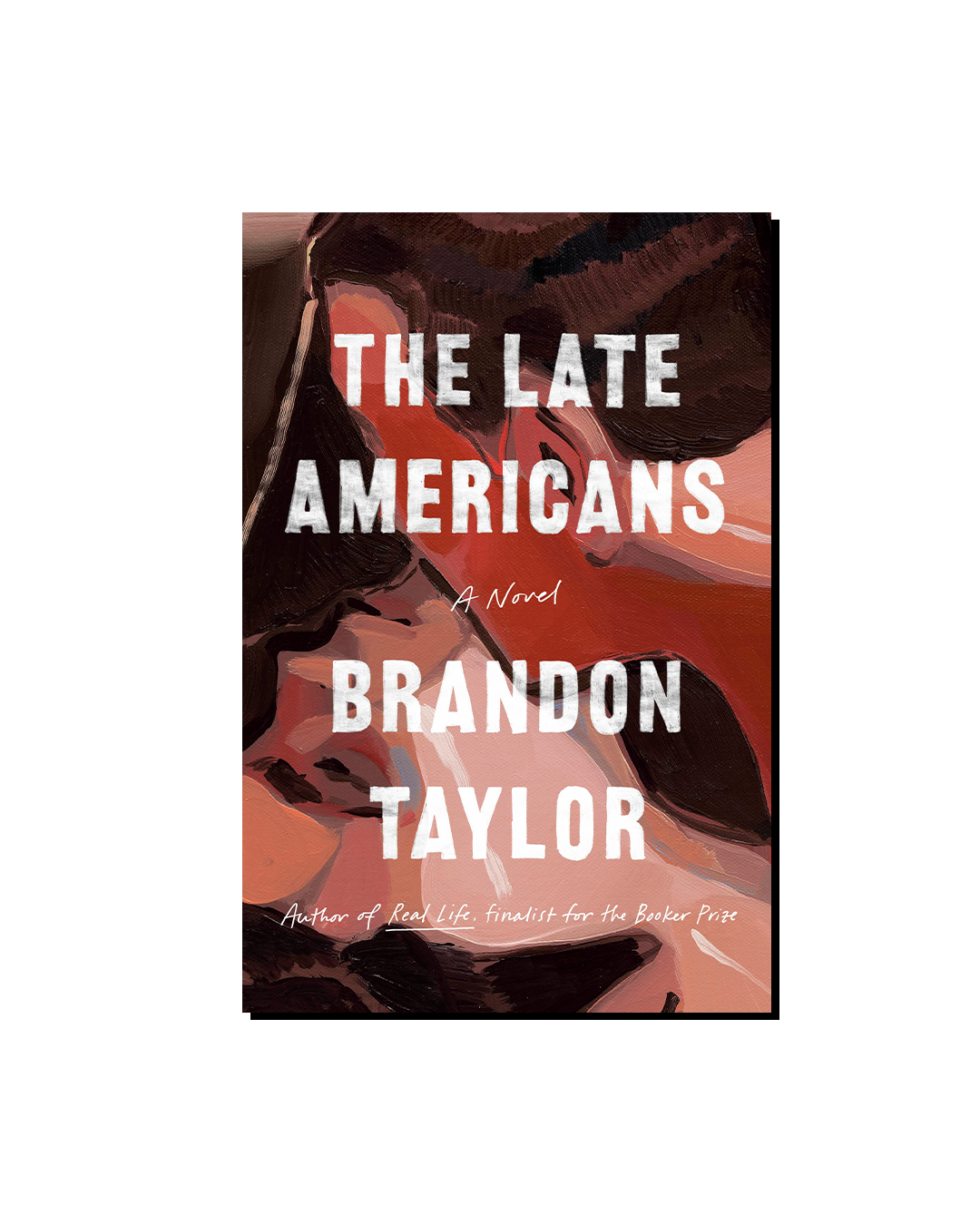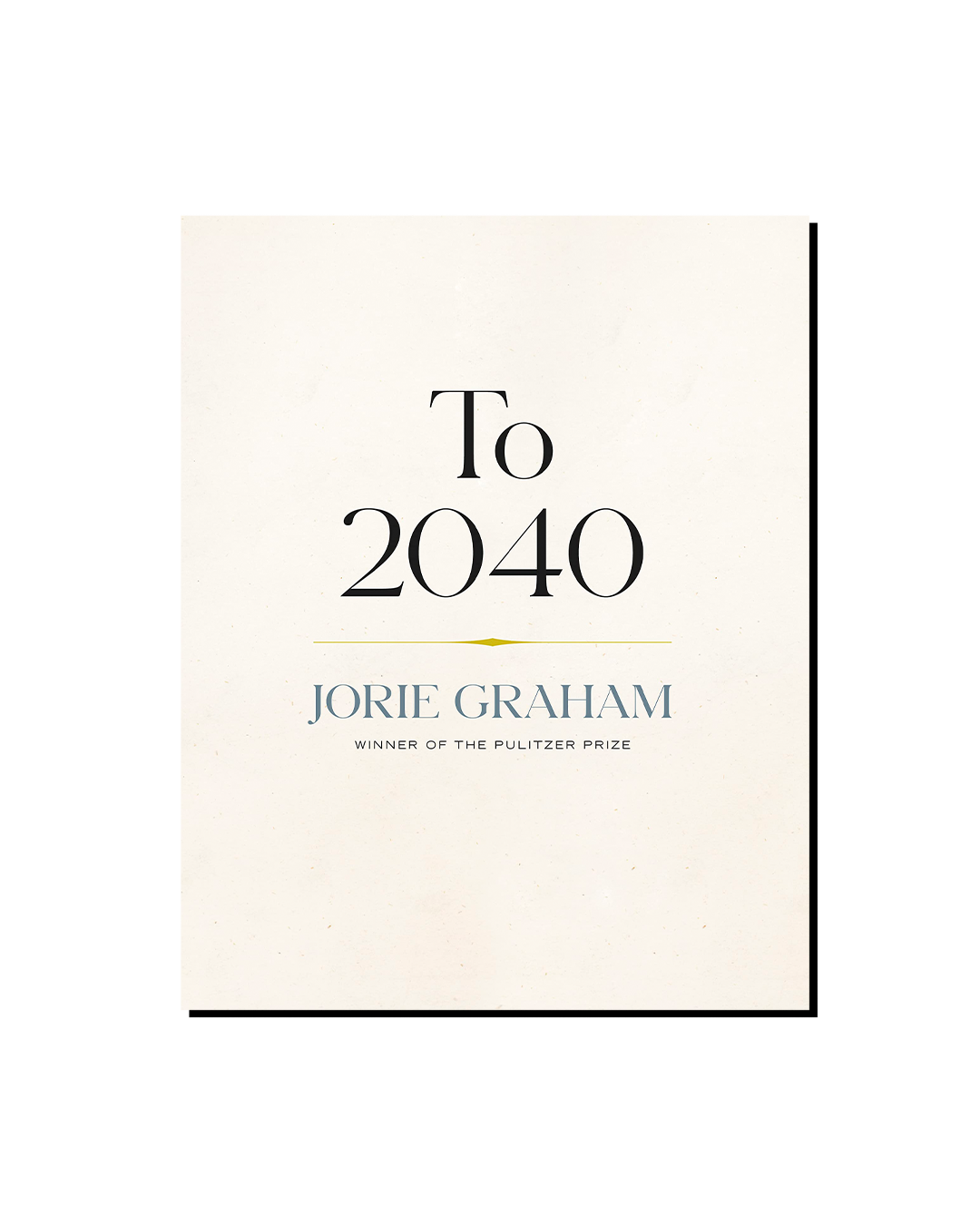Sweating Through Space and Time: On Catherine Lacey’s “Biography of X”
Nothing feels like it can be trusted: the quotes, the packaging of the narrative, even the narrator herself. This, of course, makes the novel’s own point—that any telling of a story betrays much more about the speaker than the subject.
That Girl: On Kathleen Alcott’s “Emergency”
The best stories are about people who we don’t really know but think we could. Had we gone to that party we missed; had we been born without that mole.
Enter the Fugue Zone: On Joe Hall’s “Fugue and Strike”
The text contends that there is such a thing as public space, and that the poet can intervene in it. Moreover, it asserts that Buffalo—a poor, working-class city in the Rust Belt, crumbling from decades of neglect—is capable of ecstatic beauty.
Conditions of Should: On Dana Gioia’s “Meet Me at the Lighthouse”
There are no shoulds besides making marks on a page and arranging those words in a particular order; what’s left is a condition of the present, of taste which cannot exactly be spoken to before it changes.
50 Ways to Leave Your Letter: On Michael Chang’s “Synthetic Jungle” (Excerpt)
do we live here — wedreamstories&scenesbutwedontlivethem (Notley) — or here — ppleatcronuts&frankoceanieatbusilybetweenyourlegs (Chang)
Dirty Work: On Irene Silt’s “My Pleasure” and “The Tricking Hour”
Writing histories of struggle alongside imagined futures of collective care, there is no isolated subject. Silt’s essays and poems serve as a sprawling manifesto, showcasing the peculiarities of pleasure under capitalism.
Told by an Idiot: On Jaroslav Hašek’s “The Man Without a Transit Pass”
Hašek is mocking authority and bourgeois respectability, of course, but the criticism is ultimately of the individual’s inability to tolerate being the butt of a joke. If the universe is absurd, then we shouldn’t be so foolish as to take it seriously.
Weeding or Writing: On “Henry at Work”
Their most valuable contribution comes not from extrapolating what “Thoreau would say” about contemporary problems, but in showing where his ideas can lead us when paired with a more robust sense of class consciousness and a stronger drive for action.
Cis Gender Studies
In a time of ever-escalating state violence towards intersex, gender non-conforming, and trans people, what do cis scholars writing about gender owe their subjects?
Nomadic Hedonism: On Robert Plunket’s “My Search for Warren Harding”
The most beguiling aspect of My Search for Warren Harding is the way Plunket manages to discount the meaning of romance, literature, and history to such an extent that none much help us read his novel.
Machine in the Garden: On Marty Cain’s “The Prelude”
Rather than a rurality for tourists, a land recast as a bourgeois playground pervaded by natural and cultural heritage, Cain attempts a rurality that is grotesque and potent. He performs a pastoral contaminated by history.
I don't want to talk about it: On Brandon Taylor’s “The Late Americans”
Taylor’s characters fail to reconcile deeper emotional desires with the reality that their immediate environment is not a place to escape, but rather the very territory in which “real life” happens.
What will not cohere: On Valerie Hsiung
In that pulse between orality and literacy, the history of thinking and breathing, something forced—to hurl. Somewhere someone is apologizing for existing.
Pathologies of the Après Garde: On Gary Indiana’s “Rent Boy”
Indiana’s easygoing syntax—the slippery, casual asyndeton that feels at once half-slangy and half-clinical—isn’t so much naturalistic as anthropological. But self-awareness, like an erection, is hard to keep up indefinitely.
Just Now and Gone: On Jorie Graham’s “To 2040”
Graham’s poems do not merely describe images of the near future, Anthropocene industry and loss, but enact its immediacy with energetic bursts of syntax contending with their afterwards, their silence: “—& where // does it go now / when it goes away”
Power, Morality, and the “Female Gaze”: On Eliza Clark’s “Boy Parts”
Boy Parts displays a preoccupation with photography’s enactment of power and control.
Somebody’s Gotta Do It: On Erin Hatton’s “Coerced” and Eyal Press’ “Dirty Work”
Power doesn’t always come from brute force; in many cases it operates through obfuscation and mystification. Illuminating all of this is the easy part, of course. The challenge is figuring out how to empower the people who work under these conditions.
Shufflin’ and Supposin’: On “Buffalo in 50 Maps”
The book is organized around four city slogans, Queen City of the Lakes, City of Good Neighbors, City of Light, and City of No Illusions—taking the reader through a communal memoir that mirrors that of my family.
The Philosophy of Failure and Failure of Philosophy
Failure, then, is a tonic for hubris, a lesser ward against the performative narcissism of perfection we wear as both shield and mask to navigate these craven times.
The Internet’s Greatest Grifter: On Caroline Calloway’s “Scammer”
There’s also the question of genre itself: there’s an established tradition in American letters of privileging storytelling over truth-telling when it comes to what we might call literary journalism.

